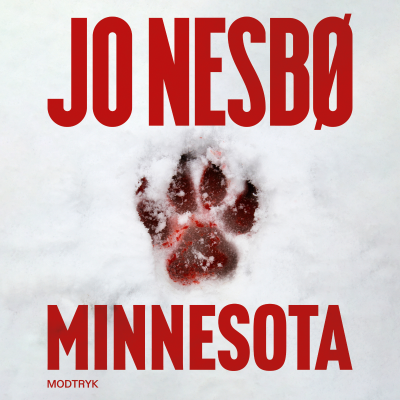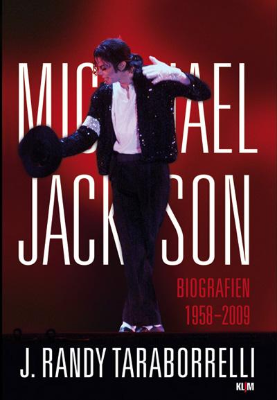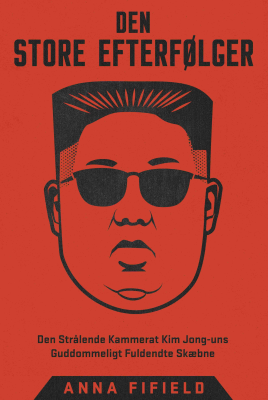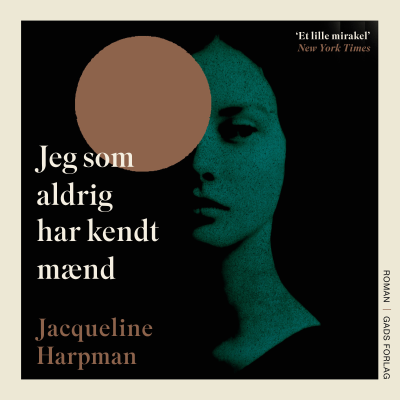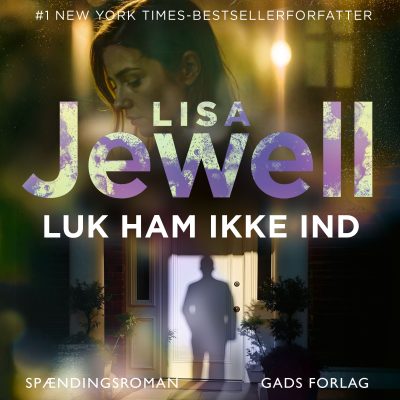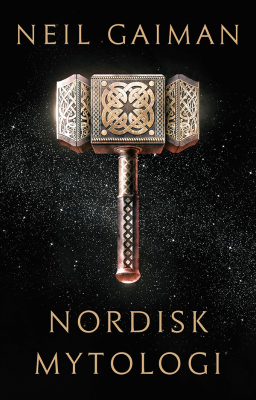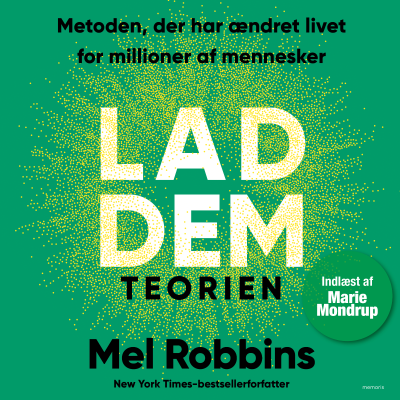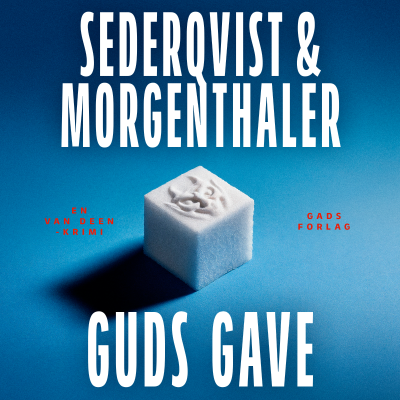
Something to Chew On
engelsk
Videnskab & teknologi
Prøv gratis i 7 dage
99 kr. / måned efter prøveperioden.Opsig når som helst.
- 20 lydbogstimer pr. måned
- Podcasts kun på Podimo
- Gratis podcasts
Læs mere Something to Chew On
Our lives are frequently and significantly affected by food. Because we must eat to survive, many human cultures have developed with food at their very core. Through prosperous times and depression what we eat has influenced art, music, science, relationships, and more. In this fast-paced world, we often don’t take the time to consider how food gets to our plates, the importance of what and how that food is produced and the aesthetics of food requirements and food enjoyment. Often, seemingly obscure or unrelated aspects of life circle their way back to food. The goal of this podcast is to explore the complexity and nuance of food systems, celebrate the progress we have made, and debate the best ways for humans to proceed forward into the future. Join our hosts as they informally discuss these points with various contributors from Kansas State University and abroad.
Alle episoder
60 episoderRevitalizing Rural Grocery: Building stronger, healthier, and more sustainable communities
When a rural grocery store becomes untenable, the repercussions can be far-reaching. Access to fresh and healthy foods is crucial for community vitality and overall well-being. By cultivating robust partnerships, embracing diverse ownership models, and formulating a comprehensive transition plan, rural grocers can proactively address sustainability and operational challenges before they escalate beyond control. In this episode of Something to Chew On, we feature Rial Carver, Program Leader for the Rural Grocery Initiative and Extension Specialist for K-State Research and Extension. Drawing on her expertise and deep understanding of the challenges faced by rural grocery stores in Kansas and beyond, Ms. Carver identifies, develops, and shares vital resources that sustain grocers and support rural communities across the United States.
Tackling complex water resource challenges through collaboration and community engagement
Water, the essence of life itself, stands as our most indispensable resource, yet often goes unappreciated. Water scarcity and sustainability pose formidable hurdles with far-reaching implications for communities, economies, and ecosystems. To navigate these challenges effectively, innovative research endeavors, advancements in agricultural technology, and collaborative partnerships across academic, governmental, and community sectors become imperative. In this episode of Something to Chew On, we highlight the work of Dr. Susan Metzger, Director of Strategic Interdisciplinary Program Development, Kansas Center for Agricultural Resources and the Environment (KCARE), Kansas Water Institute, and Institute for Digital Agricultural and Advanced Analytics (ID3A) - Engagement. At the intersection of water resource management, agricultural productivity, and interdisciplinary academic research, Dr. Metzger offers evidence-based solutions for confronting the toughest water challenges of our time.
Beyond Borders: Advancing Biosecurity through Global Partnerships
In an era of transformative global shifts—defined by evolving commodity trade patterns, the rise of online shopping, and economic challenges—a critical reevaluation of biosecurity strategies is imperative. Collaborative efforts through international partnerships, innovative approaches in business and technology, and the integration of multidisciplinary methods are essential for ensuring food security and forging novel pathways to combat pests and pathogens. Join us in this episode of Something to Chew On as we delve into these crucial topics with Simon McKirdy, Professor of Biosecurity, Deputy Vice Chancellor of Global Engagement, and Pro Vice Chancellor of the Harry Butler Institute at Murdoch University. A Fullbright Distinguished Chair in Life Sciences Award recipient, Dr. McKirdy's exploration of biosecurity system resiliency, coupled with his ongoing collaboration with K-State's Biosecurity Research Institute and Department of Plant Pathology, helps to establish policies and future frameworks for international coordination and global food security.
The challenges of contamination and maintaining quality flour in the wheat milling industry
Milling of wheat into flour seems like it would be pretty straight forward. An application that simply requires running seed though a crushing process and sifting out the flour as the appropriate particle size is reached. The reality is milling is very complex, technically challenging and requires fully interdisciplinary participation. Variations in the quality of the flour from the perspective of baking performance in large scale production has always been challenging. This is particularly true when growing seasons change the seed mix and the impact of temperature, moisture, fertilizer use, pest pressure and more changes the quality characteristics of the flour. The need for highly educated professionals in this area has never been greater and with the expertise of the likes of Dr. Kali Siliveru, K-State is laying the groundwork for preparing the next generation of professionals to better understand the impact of the milling process on the quality and safety of foods we eat every day.
Grit and Sunshine: Farming Sustainably and Eating with Intent
Is our current food system sustainable? The consumption of seasonal, locally produced food sustains nutritional value, reduces the carbon footprint, and supports the growth of local economies. In many ways we have lost our connection to food — including understanding where our food comes from, how it is produced, the comradery developed in sharing food, and why it is important to eat seasonally and with intention. In this episode, we talk with Nat and Alison Bjerke-Harvey, co-owners of Piccalilli Farm in Geary County outside of Manhattan, KS. With formal training in history and environmental biology, Nat and Alison’s interest and passion for food has taken them beyond those areas of study headlong into the food system. From baking to cheese making, they have now landed squarely in the arena of sustainable farming and community building. Is it time to rethink what a sustainable food system is?
Vælg dit abonnement
Premium
20 timers lydbøger
Podcasts kun på Podimo
Gratis podcasts
Opsig når som helst
Prøv gratis i 7 dage
Derefter 99 kr. / måned
Premium Plus
100 timers lydbøger
Podcasts kun på Podimo
Gratis podcasts
Opsig når som helst
Prøv gratis i 7 dage
Derefter 129 kr. / måned
Prøv gratis i 7 dage. 99 kr. / måned efter prøveperioden. Opsig når som helst.












